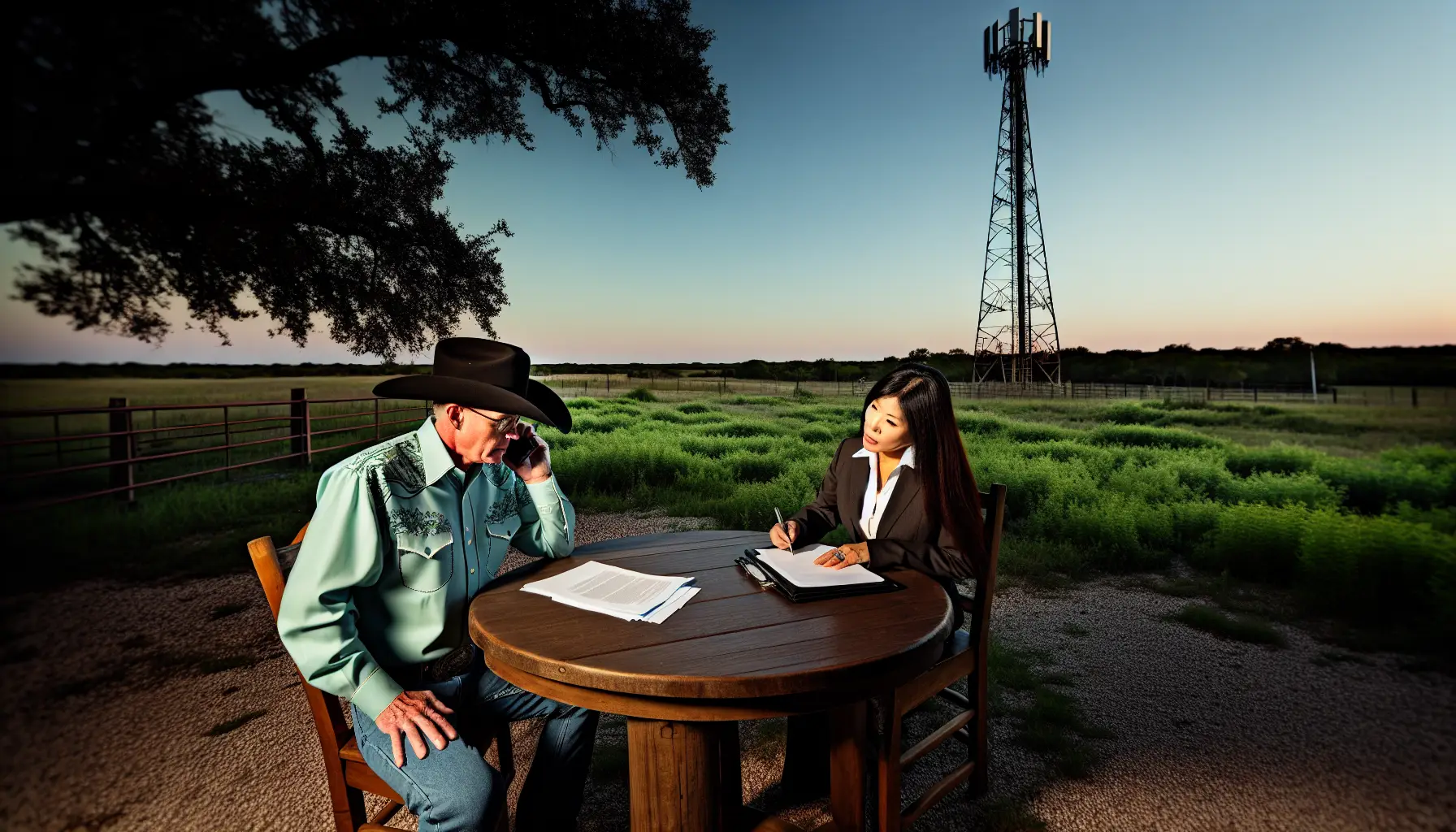Buying or selling rural land in Texas can be an exciting venture, but it often involves complexities that differ from urban real estate transactions. One of the most critical aspects to understand is the escrow process, a safeguard that ensures all parties fulfill their obligations before finalizing a deal. While the term may seem intimidating at first, escrow is essentially a neutral framework that protects both buyers and sellers during a property transaction. For anyone involved in rural real estate, having a firm grasp of how escrow works is essential to avoid surprises and ensure a smooth closing.
In This Article:
What is Escrow and Why is it Crucial in Texas Rural Land Sales?
Understanding the Basics of Escrow
At its core, escrow is a financial arrangement in which a third party—usually a title company—holds funds and documents until the terms of the sale are met. It acts as a referee, ensuring that no money or ownership rights are transferred until all conditions of the deal are satisfied. Consider escrow a protective buffer that ensures fairness in transactions, particularly when large investments are involved, such as rural land purchases in Texas. This concept is especially significant in areas where unique challenges, like zoning laws or agricultural easements, may be factors.
How Escrow Safeguards Real Estate Transactions
Escrow offers dual protection. For buyers, it ensures their funds are secure until property ownership and title conditions are cleared. Sellers benefit from knowing their land remains under their control until they receive full payment. Additionally, escrow minimizes the risk of fraud or financial mishandling, making it a vital component in rural land transactions. With the guidance of title insurance and thorough oversight from title companies, escrow helps mitigate issues that could disrupt a sale.
Key Escrow Requirements in Texas Rural Land Closings
Documentation and Preparation
Starting the escrow process requires specific documents, which include a signed purchase agreement, identification for all parties, property details like boundaries, and financial records if the buyer is obtaining a loan. These documents form the foundation for a seamless transaction. Buyers and sellers need to have their paperwork in order to avoid unnecessary delays that could jeopardize a closing.
The Critical Role of Title Insurance
Title insurance is a requirement that works hand-in-hand with escrow. It protects buyers and lenders against potential legal disputes about property ownership. Before escrow closes, a title commitment is issued, highlighting any possible issues such as liens, boundary disputes, or unresolved property claims. Addressing these problems during the escrow period is essential to ensure a smooth transaction. For those securing Texas rural land, title insurance is an indispensable layer of protection.
Unique Factors for buying or selling Rural Land in Texas
Unlike urban properties, rural land deals often come with additional considerations. Buyers need clear property boundaries, which may require land surveys. Environmental checks can determine issues like flood risk or the presence of protected habitats. Zoning laws and rural land advice are also crucial for understanding restrictions on agricultural or commercial use. Escrow provides the framework to address these specific factors, keeping the transaction organized and legally compliant.
The Title Company’s Role in Escrow
How Title Companies Facilitate Escrow
In rural land closings, title companies act as facilitators. Beyond holding funds and documents, they ensure all aspects of escrow proceed smoothly. This includes coordinating with buyers, sellers, and lenders to gather necessary paperwork, review documents, and confirm the property title is clear. Their role is pivotal in streamlining the entire process and ensuring no critical detail goes overlooked.
Clearing the Title Before Closing
One of the most important steps in escrow is confirming a clear title. A clear title means there are no liens, unpaid debts, or disputes attached to the property that could impact its sale. Without this clearance, the transaction cannot proceed, as the buyer would risk inheriting legal or financial issues. This step is especially crucial in rural areas, where land histories can be complex and sometimes involve mineral rights or shared access agreements.
How to Avoid Common Closing-Day Challenges
Proactive Steps for buying or selling Rural Land in Texas
Preparation is the key to a hassle-free closing. Buyers should secure financing, complete property inspections, and double-check the title commitment. Sellers, on the other hand, need to provide accurate property details and resolve any liens or disputes before closing day. Thorough preparation reduces the likelihood of last-minute issues.
The Importance of Communication
Clear communication between buyers, sellers, title companies, and lenders is essential throughout the escrow process. Regular updates among all parties help identify potential obstacles early. Keeping everyone on the same page ensures each step is completed in a timely manner, reducing stress and avoiding delays.
Understanding Potential Delays
Even well-prepared transactions can face hiccups. Common causes of delays include incomplete paperwork, unresolved title problems, or miscommunications. Staying organized and proactive is the best way to minimize these risks. For example, buyers should ensure their financing is secured well in advance, while sellers should be transparent about any known issues with the property.
Post-Closing Steps to Finalize the Deal
Wrapping Up the Transaction
Once escrow closes, several final steps take place. The title company ensures the deed is recorded with the county, funds are transferred to the seller, and the escrow account is closed. At this point, the buyer officially becomes the property owner, and all parties can consider the transaction complete.
Why Keeping Records is Important
After closing, it is essential to retain all documents related to the transaction, including the purchase agreement, title commitment, and closing statements. These records serve as a reference in case of future questions or disputes. Whether it involves future zoning inquiries or selling the property down the line, having accurate documentation will save significant time and effort.
Conclusion
Understanding the escrow process is critical for anyone involved in Texas rural land transactions. From securing title insurance to addressing unique rural considerations, each step ensures a safe and transparent closing experience. Proper preparation and communication eliminate many potential difficulties, allowing buyers and sellers to reach their goals confidently. For tailored guidance through the legal complexities of real estate closings, the experienced team at Daughtrey Law Firm is here to help navigate your transaction with care and expertise.











